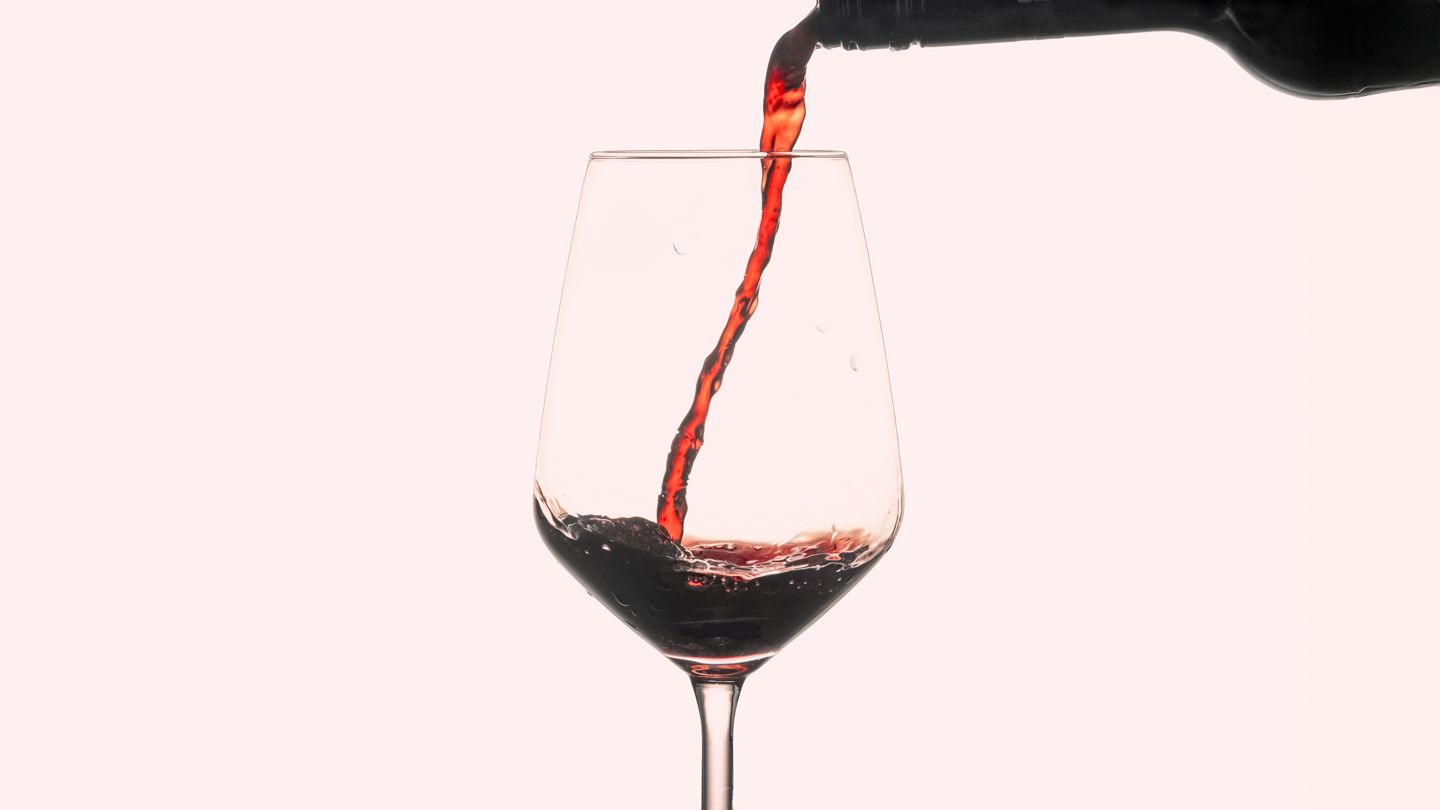“This is the strongest evidence to date to support a causal role of alcohol on dementia,” says the lead study author, Anya Topiwala, DPhil, a researcher and consultant psychiatrist at the University of Oxford Nuffield Department of Population Health in the United Kingdom.
Here’s what the analysis found, along with the most important takeaway.
Dementia Risk Rises as Alcohol Consumption Goes Up
For the study, researchers analyzed data from nearly 560,000 people who participated in the U.S. Million Veterans Program and the UK Biobank. People in these programs answer numerous questions about their health, diet, and lifestyle, give access to their healthcare records, and usually provide DNA samples via blood and other bodily fluids so researchers can track their health outcomes to learn more about what causes chronic diseases, and how to prevent them.
This analysis included data on participants who were ages 56 to 72 at the start of the study. They were followed until they were either diagnosed with dementia, died, or had a recent follow-up visit without a dementia diagnosis.
The researchers calculated how much participants drank by looking at questionnaire responses; 90 percent of participants reported that they drank alcohol.
During the study period, about 15,000 people developed dementia and about 48,000 died.
By analyzing genetic information from participants (using a complex process called Mendelian randomization), researchers were able to identify a cause-effect relationship between drinking alcohol and the development of dementia. The results showed that even light drinking (one to three drinks per week) was tied to a 15 percent higher risk of dementia.
In other words, the researchers didn’t find any protective effects from low levels of alcohol.
The risk of developing dementia also steadily increased the more participants drank. But the researchers also found that people who developed dementia usually drank less over time.
“These findings provide evidence for a relationship between all types of alcohol use and increased dementia risk,” the researchers wrote in the study’s conclusion.
There Is Other Research Linking Alcohol Use With Dementia
The new study adds to existing evidence linking dementia and alcohol use, says Walter C. Willett, MD, a professor of epidemiology and nutrition at the Harvard T.H. Chan School of Public Health in Boston. Dr Willett has also studied the link between alcohol and dementia.
While some studies have concluded that alcohol may protect against dementia at lower levels, some researchers suggest that may be due to “abstainer bias.” That means people who may have stopped drinking due to health issues are included as controls, which can skew the data to make it seem like nondrinkers are less healthy.
Research connecting lower levels of alcohol to dementia is still ongoing, points out Peter Martin, MD, a professor of psychiatry and behavioral sciences focusing on substance use disorders at the Vanderbilt School of Medicine in Nashville, Tennessee. “Clearly, there are ways of conceptualizing how high levels of alcohol could cause brain injury, but there is very little on low levels,” Dr. Martin says.
He believes there’s minimal risk to having very small amounts of alcohol — in fact he says it may benefit you if it means you spend more time socializing. That’s because maintaining close personal relationships has been shown to have numerous health benefits.
“If drinking alcohol is part of your socializing and you don’t drink more than one drink every couple of weeks, it’s unlikely to be an issue,” he says.
The Study Has Strengths and Weaknesses to Consider
There has been a lack of ethnic diversity in previous studies on the link between alcohol and dementia, which makes it difficult to extrapolate findings to diverse populations. The latest analysis included data from people with European, African, and Latin American ancestry, so results are more broadly applicable.
Willett notes, though, that the study relies on a genetic analysis. “This is not the same as actual alcohol intake,” he says. “I would be cautious about the conclusions, because I don’t think that we have a good genetic risk score for light to moderate alcohol consumption.”
The study also relies on questionnaire data, which can be skewed by participant bias or by a person having trouble remembering exactly how much alcohol they consumed.
Less Alcohol Is Probably Better for Lowering Dementia Risk
“Ethanol in alcohol is directly neurotoxic — it kills brain cells,” Topiwala says. Alcohol also damages blood vessels, she says, which can impact brain health.
The impact of alcohol use builds up over time, too: “Alcohol has acute and chronic impacts on the brain,” Topiwala says. “Drinking heavily over long periods can cause brain shrinkage and ultimately lead to dementia.”
If you want to err on the side of caution, she says it may be best to avoid or limit alcohol use when it comes to brain health. “There is no support here for the notion that a glass of wine a night or ‘moderate drinking’ is good for your brain, and in fact it may be increasing your dementia risk,” she says.
